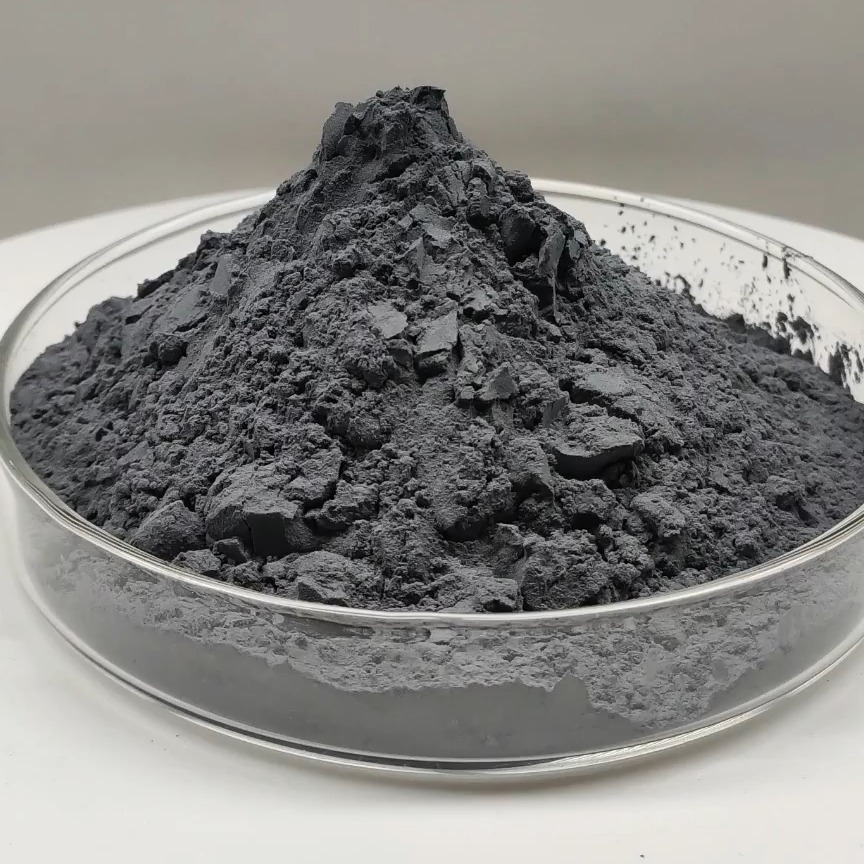Is silicon carbide toxic?
Silicon carbide itself is non-toxic and harmless, but excessive inhalation of silicon carbide powder can cause pneumoconiosis.
Secondly, no damage has been found from physical contact, and regular contact with silicon carbide powder may cause pneumoconiosis. Therefore, workers who have been engaged in silicon carbide production for a long time need to be equipped with masks to reduce the inhalation of silicon carbide powder.
Silicon carbide material:quartz sand, petroleum coke , (green silicon carbide requires salt) and other raw materials through high-temperature smelting in a resistance furnace.
silicon carbide is the most widely used and economical one, which can be called corundum or refractory sand. At present, China’s industrially produced silicon carbide is divided into black silicon carbide and green silicon carbide. Both are hexagonal crystals with a specific gravity of 3.20 to 3.25 and a microhardness of 2840 to 3320 kg/mm2.


